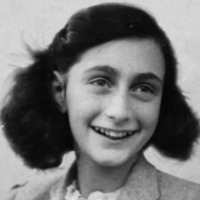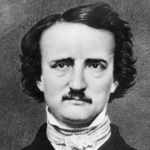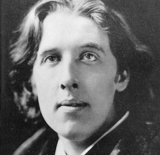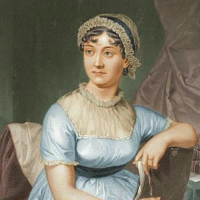Henrik Ibsen mbtiパーソナリティタイプ
個性
"Henrik Ibsenはどのような性格タイプですか? Henrik Ibsenは、 in MBTI、4w3 - - in Enneagram、 in Big 5、 in socionics のパーソナリティタイプです。"
Fi: Renowned (even by himself) for being introspective. His tendency to romanticise his actions, for example when he self-exiled himself, supports the idea that rather than being outcome-oriented and fond of empirical ideas (like a high Te user would be) he preferred a less concrete lens in his perception of reality. Se: No overarching goal to accomplish from his actions (Pe). Made a lot of mistakes possibly due to unthought-out decisions. In addition to this, his attention to detail in plays suggests he is a high Se user. Ni: the Fi-Ni axis can be seen in his speech to the women's rights movement. He refuses to be associated with feminists as it contradicts his idealised version of himself. Te: Dedicated to "the human cause" and the idea that "truth and freedom are one and the same" presenting a strong desire for society to experience an awakening of sorts.
バイオグラフィー
Henrik Johan Ibsen (/ˈɪbsən/;[1] Norwegian: [ˈhɛ̀nrɪk ˈɪ̀psn̩]; 20 March 1828 – 23 May 1906) was a Norwegian playwright and theatre director. As one of the founders of modernism in theatre, Ibsen is often referred to as "the father of realism" and one of the most influential playwrights of his time. His major works include Brand, Peer Gynt, An Enemy of the People, Emperor and Galilean, A Doll's House, Hedda Gabler, Ghosts, The Wild Duck, When We Dead Awaken, Rosmersholm, and The Master Builder. He is the most frequently performed dramatist in the world after Shakespeare, and A Doll's House was the world's most performed play in 2006
個性 correlate

Fyodor Dostoevsky

Anne Frank

Edgar Allan Poe

William Shakespeare

George Orwell

Oscar Wilde

Jane Austen

Leo Tolstoy (Лев Толсто́й)
